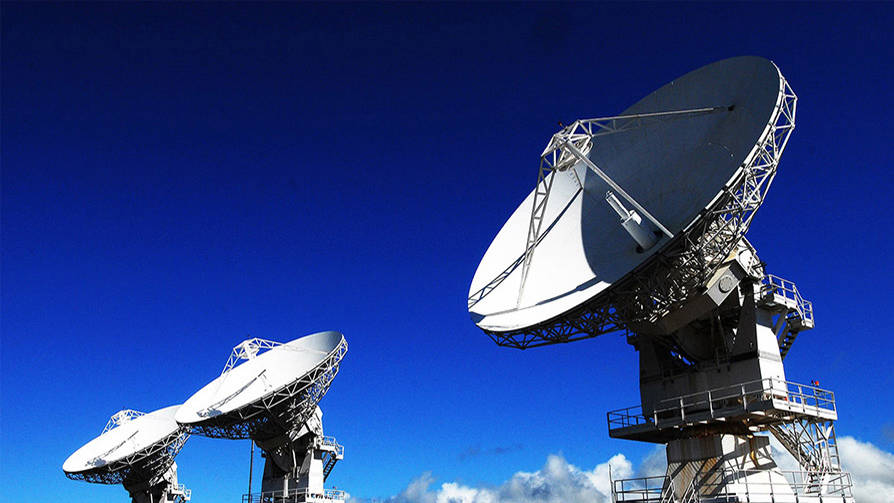Kenya Plans to Increase Fees for Satellite ISPs by 10x

The Kenya Communication Authority (CA) has proposed a substantial increase in licensing fees for satellite internet service providers (ISPs) such as Starlink as it seeks to review the Satellite Landing Rights (SLR) licence it requires for satellite ISPs to obtain to operate in the country.
Under the new proposal, the cost of a 15-year operating license would rise from USD 12,302 (KES 1,579,614) to USD 115,331 (KES 14,808,846), representing an almost 1,000% hike. Additionally, ISPs would be required to pay an annual fee equivalent to 0.4% of their total revenue.
This proposed regulatory change published in December comes as Starlink expands rapidly in Kenya, to address the growing demand for high-speed internet connectivity.
According to CA, “This change aims to ensure technology neutrality and allow investors to land signals using any technology,”
It adds that the review to remove “certain market entry and operational barriers identified over time.”
In addition to the proposed license fee hike, the CA is also seeking to broaden the operational scope for satellite ISPs. Under the new guidelines, satellite providers would be permitted to manage terrestrial cables, telemetry systems, tracking facilities, and even conduct space research.
“Licensees should be allowed to establish satellite systems, including hub facilities, and provide satellite services, provided they comply with the geographical scope principle (at least three counties in Kenya),” CA said.
This move could pave the way for Starlink to set up ground stations in Kenya — a move that has previously faced delays due to regulatory hurdles.
Starlink launched in Kenya in mid-2023 with the latest data from the CA revealing that its entry had doubled the number of satellite internet users in the country.
As of December 31, 2024, Starlink had grown by over 1,000 per cent, registering over 8,500 users. In November, the Elon Musk-owned satellite company however temporarily suspended new subscriptions in Kenya’s capital Nairobi and surrounding regions. According to a statement from the provider, the suspension was in response to an overload in network capacity driven by increased demand in these areas.
Follow us on WhatsApp, Telegram, Twitter, and Facebook, or subscribe to our weekly newsletter to ensure you don’t miss out on any future updates. Send tips to editorial@techtrendsmedia.co.ke


